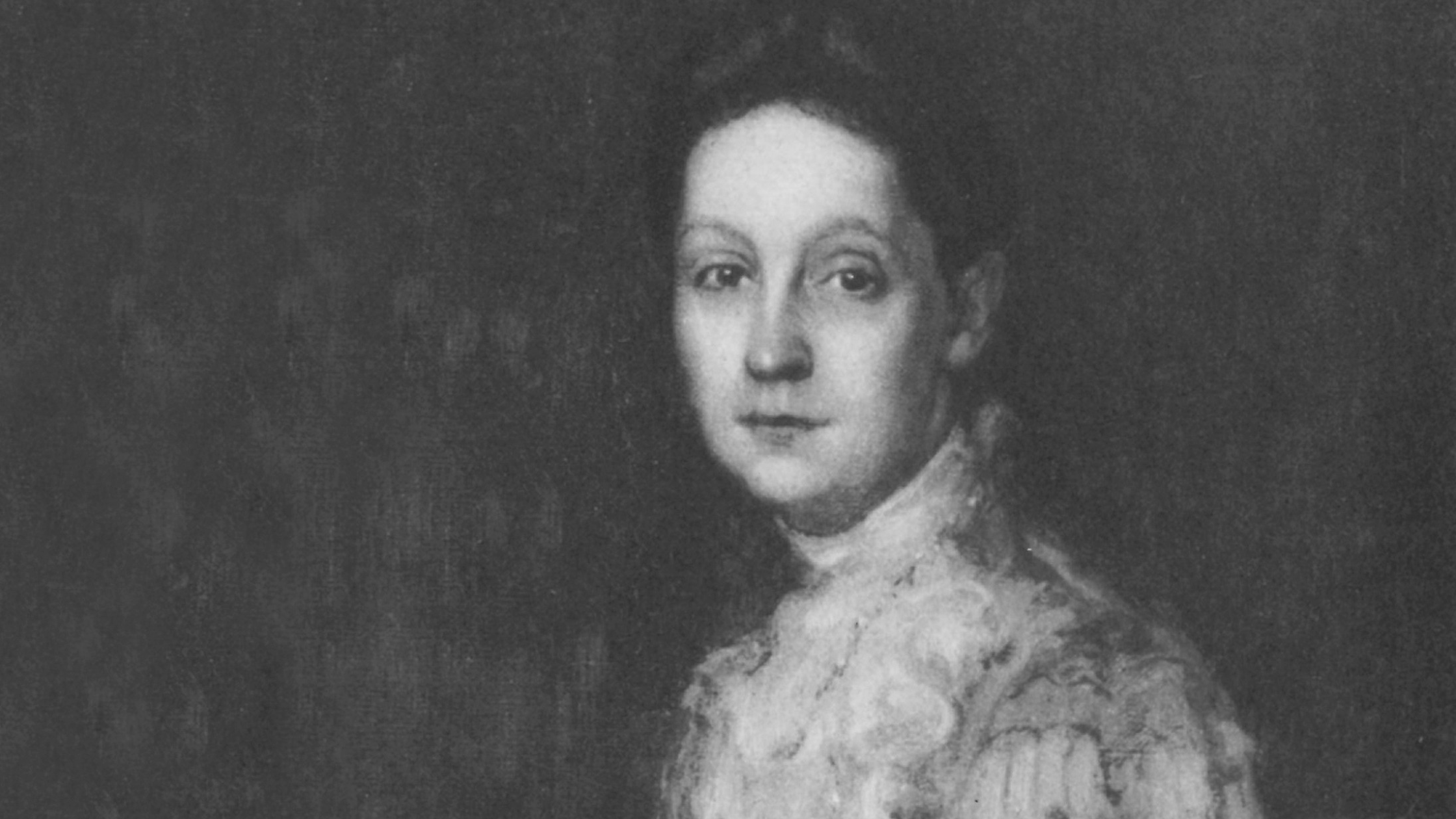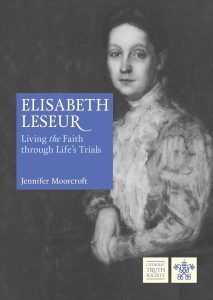1. Don’t argue with those who won’t listen
Servant of God Elisabeth Leseur was surrounded by unbelief in 19th-century France, and her faith was mocked by her friends and her husband. However, she soon realised that argument would not convert anyone. Instead, she would…
2. See the good and the true in what others say
Rather than arguing, Elisabeth would strive to see the good and the true in what the other was saying, to understand another person’s point of view without in any way compromising her own beliefs:
“Not to accept everything, but to understand everything; not to approve of everything, but to forgive everything; not to adopt everything, but to search for the grain of truth that is contained in everything.”
3. Listen carefully and discern when to speak
Elisabeth’s friend described her this way:
“In intimate conversations, her face took on an extraordinary appearance, as if she wanted to understand completely what was being said…and expressed it, especially if it was a matter of education, morality, or duty, etc…
“Elisabeth was very clearsighted and intuitive, often understanding something that had not been said. If she thought she might be helpful or useful, she would make the perfect response with discretion, without giving the impression of an intrusive intimacy.”
4. If someone is open to the spiritual life, help them.
If there was someone among her social circle whom Elisabeth discerned was open to the spiritual life, she acted with discretion and delicacy to help them in any way she could, knowing well that the Lord has His own unique way of acting within the individual soul.
5. Remember that unbelievers respect deep faith over changing views
Elisabeth made an interesting observation that she was:
“… struck with the fact that unbelievers have more sympathy with people of deep faith than with those of variable and utilitarian views. These dear unbelievers attend more to those who are ‘intransigent’ regarding the Faith than to those who by subtlety and compromise hope to bring them to accept the Faith.”
However, she also recognised that she must…
6. Speak with charity
While Elisabeth knew she had to be true to what she believed, she also realised that:
“And yet the bold statement must be made with the most intelligent sympathy and the liveliest and most delicate charity.”
7. When you can’t speak of God verbally, speak of Him through your life
Elisabeth wanted to be Christian to the very core of her being so that the whole of her life would speak of God:
“The adored Guest of my soul must be guessed at rather than plainly seen; every part of me must speak of Him without my saying His name; I must be an influence, without ever being a profession of faith.”
Of her atheist husband, she said:
“Let him see the fruit but not the sap, my life but not the faith that transforms it, the light that is in me but not word of Him who brings it to my soul; let him see God without hearing His name.”
8. Know when to agree to disagree
Elisabeth knew when her words were not having the desired effect on the person she was speaking to. In those times, she would agree to disagree. As a friend commented about her:
“She was a good listener, looking for the truth or wisdom of her interlocutor. Some discussions were very profound and prolonged… If they did not come to agreement, she would end…easily, with a smile full of resolve and hope and say, ‘we will think about this each from our own side’.”
She would listen carefully to what another had to say, allowing them the freedom to disagree, but never compromise her own principles and beliefs, speaking of her own faith simply and clearly if she felt it was right to do so.
Find more inspiration from the life and writings of Elisabeth Leseur:
The life of French Servant of God Elisabeth Leseur was marked by adversity and moments of sorrow. Her husband, Felix, had not only lost his faith but actively sought to destroy hers. Despite these challenges, Elisabeth steadfastly maintained her love for her husband and prayed ardently for him.
Unbeknownst to her husband, Elisabeth secretly documented her spiritual insights within her journals and letters. After her life was tragically cut short by cancer, he discovered and lovingly catalogued the treasure trove of wisdom she had left behind. Influenced by the profound content of her writings, Felix converted and became a priest.
This book not only presents reflections on carefully chosen passages from Elisabeth’s letters and journals, but also delves into the extraordinary example of patient and profound love she exhibited throughout life’s tribulations. Through these pages, readers have the opportunity to draw inspiration from Elisabeth’s life and, much like Felix, undergo a personal journey of transformation and conversion.
Click here to order your copy of Elisabeth Leseur: Living the Faith through Life’s Trials

